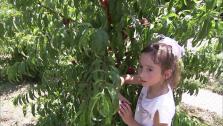Posts Tagged ‘parenting’

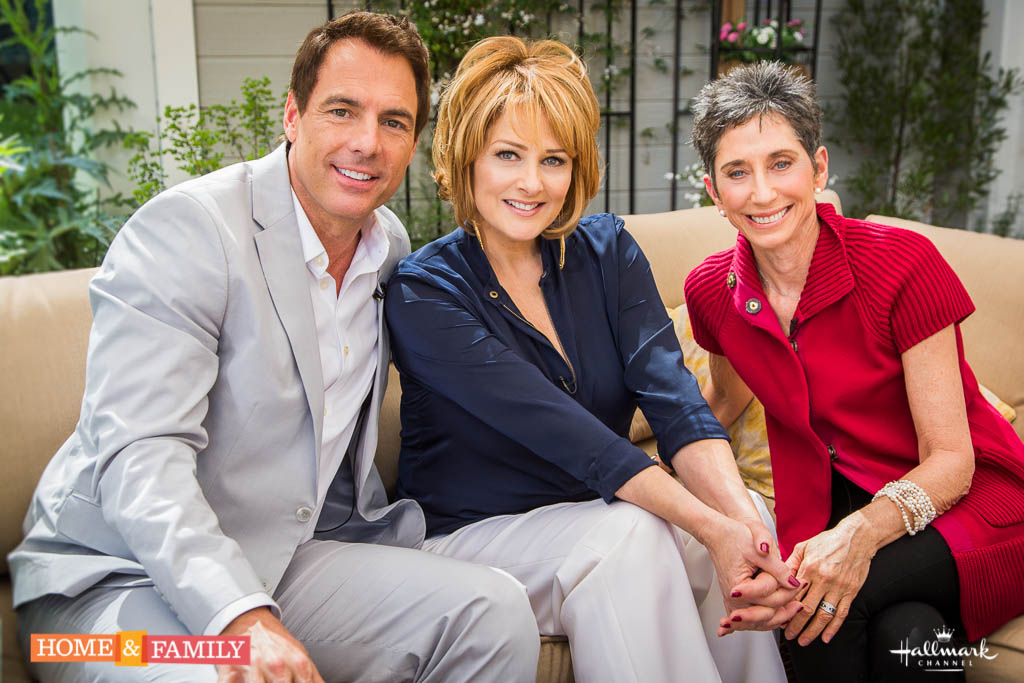 How do you define bratty behavior and how do you stop it?
How do you define bratty behavior and how do you stop it?
That is the question Hallmark Channel’s Home & Family co-hosts, bestselling author and chef Christina Ferrare and personality Mark Steines asked AJGpr client — parenting expert Betsy Brown Brown.
Betsy affirmed, “What parent hasn’t thought her child was a brat at one point or another And what child hasn’t been a brat at one point or another?” However a parent defines brattiness —
- Your child resorts to crying or yelling when they want something.
- Your child constantly throw tantrums when they don’t get what they want.
- Your child is rude to you, other adults, and even to other children.
- Your child refuses to share with other children.
- Your child always has to be the center of attention.
the list goes on… whether your child really is a brat, at risk of becoming one, or is simply trying to grow up, Betsy, a renowned child development and behavior specialist, shares her tried and tested brat busters with the Home & Family audience.
Tune in on Tuesday, March 18th at 10:00 am/9:00 am Central to watch Betsy Brown Brown talk about “How to Bratproof Your Child” on Home & Family.
ABOUT BETSY
Betsy is the bestselling author of Just Tell Me What to Say: Sensible Tips and Scripts for Perplexed Parents (HarperCollins) and You’re Not The Boss Of Me: Bratproofing Your Four To Twelve Year Old (HarperCollins). She blogs on parenting for the Huffington Post and has an “Ask Betsy” column in the Pailsadian Post and is an expert source for the on line parenting video resource Kids in the House.
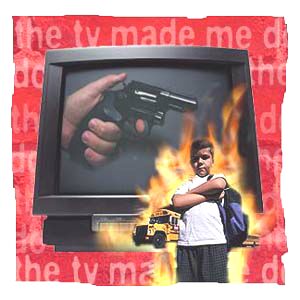
Sasha Emmons of Parenting.com examines the question of media violence and it’s effect of kids today.
She opens her article stating, “With every school shooting, like December’s horrific massacre in Newtown, questions about guns in media and their connection to real-life violence bubble to the surface again. After all, there have been reports that Sandy Hook shooter Adam Lanza was a fan of the ultra-bloody Call of Duty video game series.”
To read the full story click here.
For expert insight into this question, Sasha turned to my client, Dr. Gwenn O’Keeffe, pediatrician, parenting and digital media expert, and CEO of Pediatrics Now. Dr. Gwenn is the author of Cybersafe: Protecting and empowering Kids in the Digital World of Texting, Gaming, and Social Media.
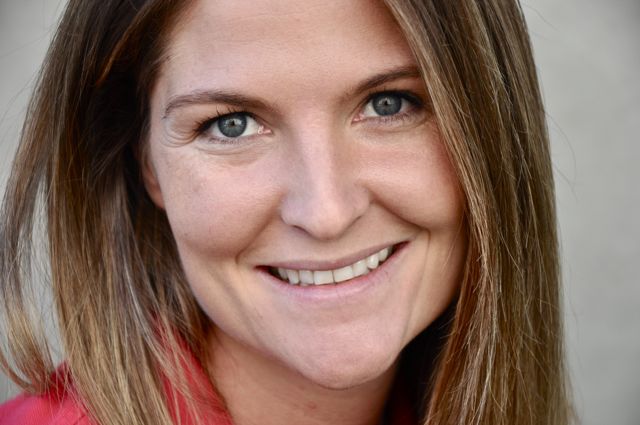
AJGpr client, Emma Jenner, a child development and child behavioral specialist, best known for her role as host of TLC’s “Take Home Nanny” ha posted Part 2 of her book picks for kids on the Huffington Post. Here is the link for Nanny Emma’s Picks: The Best Books for Kids, Part II (ages 6-10).
Emma will have a parenting book out on Atria/Simon & Schuster in 2014.

Journalist Amber Narsulla, interviewed AJGpr client, Betsy Brown Braun for the online parenting site mom.me. Betsy is a child development and behavior specialist who weighed in on the question of taking kids out of school for family vacations.
Betsy says, “Some children are flexible and will transition easily back into the classroom, while others will struggle.”
For the full story click here.
Besty is the bestselling author of Just Tell Me What to Say and You’re Not the Boss of Me.

My client, Green Living and Holistic Lifestyle expert Randi Ragan, was a guest on KABC to share 5 Tips to Teach Kids About Going Green. Randi is the founder/Owner of GreenBliss EcoSpa, LA’s ONLY Award-winning eco-friendly mobile spa.
Here is the clip and transcript.
As you prepare your children for the new school year, maybe it’s time to try something new, like “going green.”
We met up with green living expert Randi Ragan, who gave us five tips to get you started. First, try to create “zero trash” lunches, which means using a lot of reusable or re-washable containers.
“Zero waste lunch is about figuring out how to pack your kids lunch to school without creating trash at the end of it,” said Ragan.
Stackable tins are a great “green-friendly” choice. But those thin, plastic sandwich bags are hard to replace. Instead, try washable sandwich bags kids can use every day. Also, lose the plastic silverware, choose metal or branch out with bamboo chopsticks.
Next up, lose the batteries. Ragan said 14 billion batteries are thrown away into landfills every year in America.
“So anytime you can help them find a way to play and be creative without a battery, it’s a win,” said Regan.
Powering off those games might be tough, but arts and crafts will send their imagination soaring. Or try to create a fun project, like documenting the ecosystem in their backyard.
Ragan also stresses the importance of getting your children involved in the ecosystem around them. By observing the plants, animals and insects, they can get an appreciation of the environment.
Start an organic garden. You’ll end up with great homegrown food and the opportunity to teach your children about how plants grow.
Finally, pay attention to ingredients and read the labels on food and beauty products.
“It gets you thinking about what is going on your skin, and what is going in your body,” said Ragan. “It’s mostly about teaching them to just engage and not pushing it so much, but just actively nurturing their curiosity.”
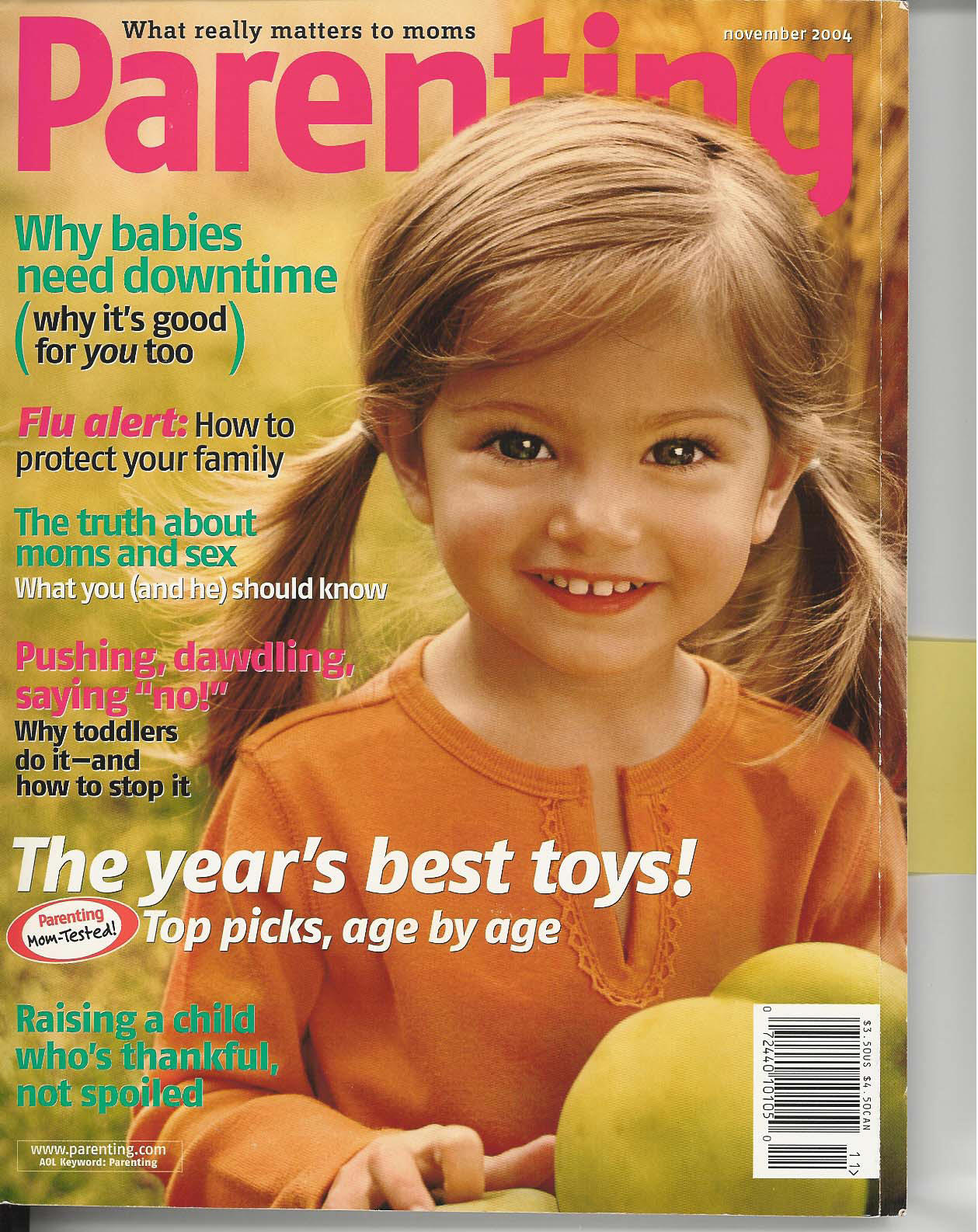
Writer Suzanne Schlosberg reached out to several parenting experts for her story in Parenting magazine on “How To Keep Control And Your Cool – While Your Kids Test Limits Every Which Way They Can.” My client, parenting expert Betsy Brown Braun was among the experts who weighed in on this important topic.
For the full story click here.
Betsy is the best selling author of award winning Just Tell Me What To Say and You’re Not The Boss Of Me,
Dr. Fran Walfish, Psychotherapist to Expert Comment on Governor Jerry Brown Signing Senate Bill 1172
2012
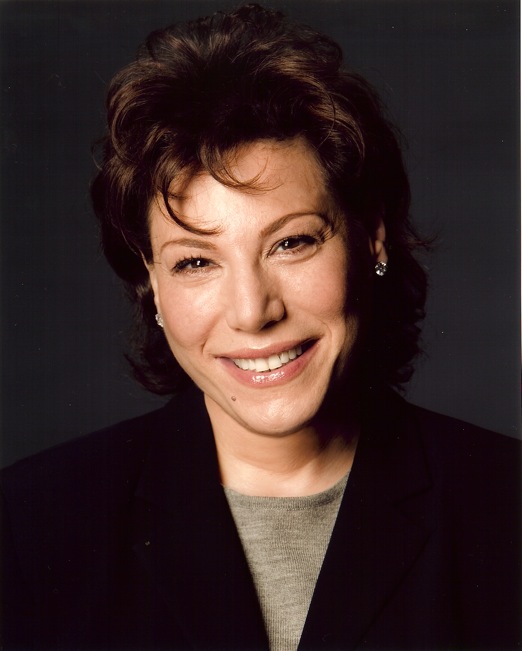

Heidi Smith Luedke reached out to my client, Fran Walfish Psy.D., a Los Angeles-based clinical psychotherapist for her piece in Calgary’s Child about why kids tattle and how to respond.
Here’s the full story:
Nobody likes a tattletale – not even their mother or father. If your child’s playdates and sleepovers are punctuated by whiney reports of misdeeds and injustice, you may be tempted to clear your kid’s social calendar. Not so fast. Interactions with siblings and friends allow kids to practice communication, negotiation and compromise. And dissatisfaction is part of the process.
“In early childhood, it’s normal for kids to share social problems with parents,” says psychologist and school consultant Michael Thompson, Ph.D., author of Best Friends, Worst Enemies: Understanding the Social Lives of Children. At times, they legitimately need our help resolving disputes and soothing hurt feelings. But by second grade, the prohibition against inviting adults into social conflicts is clear. “Kids who tattle get labelled – tattletale, squealer, snitch – and left out,” says Thompson. Bringing infractions to an adult’s attention sets your kid up for friendship failure.
Why kids tattle
Parents might assume kids tattle because they don’t feel empowered to stick up for themselves, says Fran Walfish, Ph.D., a child and adolescent psychotherapist. That’s not true. “Kids tattle because they’ve developed a strong sense of right and wrong and they start policing other people,” says Walfish. Tattletales suffer from an overdose of conscience.
“Tattling at home may also be rooted in sibling rivalry,” says Walfish. An older child might feel they are held to a higher standard than their younger siblings, or that they are disciplined more severely. And they may be right. “Parents need to take an honest look within,” says Walfish. “If you are harsh and judgmental with your children, they’ll act the same way with peers.”
How to respond
It seems obvious: giving attention to a child who tattles will only reward them for tattling. But experts say parents shouldn’t dismiss kids’ reports or tell them to “get over it.” Sometimes kids who tattle just want a safe place to share their concerns.
“Kids won’t say, ‘I need you to listen to this and be outraged on my behalf and then do absolutely nothing,’” says Thompson, “but 90 per cent of the time that is what they want.” When your child comes to you with a story, listen, accept, acknowledge and bear it. Ask questions about how your child plans to handle the situation – that will bring out their inner resilience.
Tattletales who judge and blame are usually more focused on their peers’ behavior than their own. “Position yourself as a mediator,” says Walfish. Kids should present their concerns to each other, not to authority figures. Give each child a chance to speak their piece without interruption or name-calling. You want them to learn how to wrestle with a conflict face-to-face without demeaning the other person.
“This won’t come easy,” Walfish cautions. It is common for parents to get drawn into the dialogue. Step back emotionally so you can coach your child through it without taking sides.
After each child has a chance to talk, ask, “How could you work this out?” Listen to kids’ ideas for addressing the problem. If they don’t have any, offer some suggestions. Let kids choose how to proceed. “The resolution is not nearly as important as the process of working it out,” says Walfish.
Except in extreme circumstances – like when one child is intentionally hurt or belittled – don’t take sides or punish the other child for what a tattletale reported. “Play the role of supportive consultant, not hired gun,” says Thompson. You’ll reinforce the tattler if you act on the information they offered.
Chronic tattling can leave parents feeling frazzled. It may help to arm yourself with kind, matter-of-fact phrases you can use in response, says Walfish. Say, “There are only two grown-ups in this house, and it’s our responsibility to enforce the rules.” Assuring ‘kid cops’ that you are on the job may reduce their need to patrol and shift their attention back to their own activities.
Practice compassion
Not all sharing is tattling, and there will certainly be times when you must intervene to protect your child. Be cautious in your assessment of the situation. “Parents are too quick to define peer behavior as bullying and to accuse other kids, parents or teachers of wrongdoing,” Thompson says. Rushing to judgment reinforces a child’s sense that they are a victim in need of rescue.
It’s usually best to diffuse hurt feelings with empathy instead of going on the offensive. Set the expectation that tomorrow will be a better day. Spend one-on-one time with your child doing something they enjoy. Loving attention can quiet even the noisiest tattletale.
Are gender-neutral toys much ado about nothing? Psychotherapist Dr. Fran Walfish Weighs In
2012

In a recent article by Pamela Stitt in TODAY’S MOMS, my client Fran Walfish, a Los Angeles-based clinical psychotherapist who specializes in children and families shared her views on gender-neutral toys.
Dr. Fran Walfish is the author of The Self-Aware Parent (Palgrave Macmillan).
Here is the full story.

If you missed Betsy Brown Braun’s appearance on MYFOXLA last May, or you don’t live in LA just click here and Betsy will provide you with tips on what do with your back talkin’ child.
Betsy is a child development specialist and the best selling author of award winning Just Tell Me What To Say & You’re Not The Boss Of Me,


